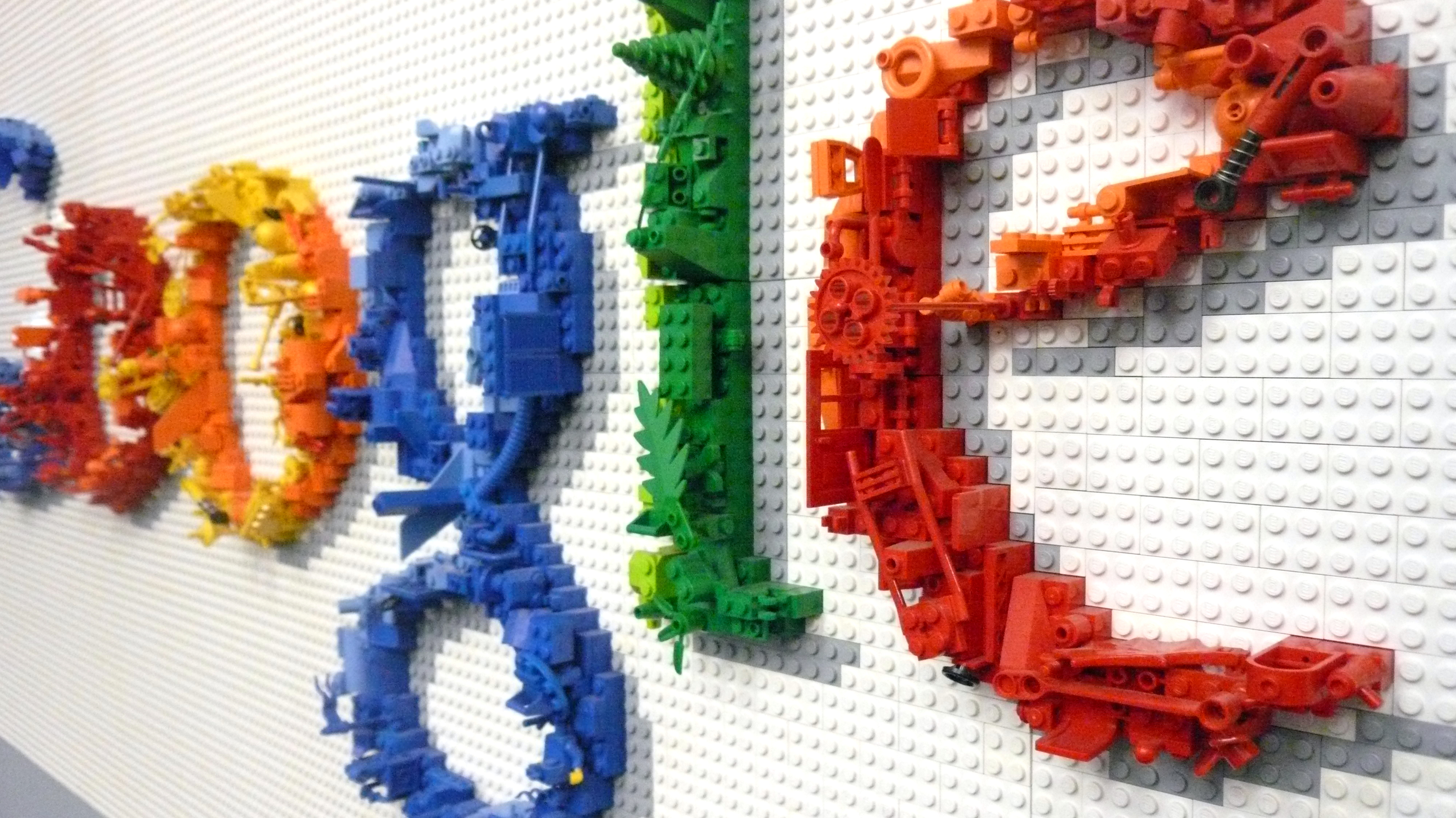Reasons your Google search results are different than mine
Google seeks to provide the best results for individual users. This means that they want and expect search results to be different from person to person and that people searching in the same office may see different search results.
This also means that the same person may see different results between his or her work computer and home computer. Here’s why two people in the same room may (and probably will) see different results when running the same keyword search using Google.
Location
Google attempts to automatically detect a user’s location and provide customized results based on that location. The factors for auto-detecting a location are based on IP address and Google Toolbar’s My Location feature (if you use it). Users can also specify their preferred location, using a street address. Manually-set locations are saved in a user’s browser cookie.
Location factors manifest most prominently when searching for things that have desirable geographically targeted results. Try searching for “chinese food” using Google and you’ll likely get a map of nearby Chinese restaurants on the right side column as well as some local results appearing at the top of your list.
Related, but different: Google country-specific Search Engines have been around for a while and display results targeted to those countries. You can experiment with different country’s search results by searching for “yoga” on google.com (U.S.), google.co.uk (Britain) and google.ie (Ireland), or any other country-specific version of Google.
Personalization
Google provides personalized results based on previous searches. When you’re signed in to any of Google services, Google personalizes your results based on your account’s web history. For example, if you often click on Amazon’s links in your search results, Google will see that as a preference and start to show you Amazon links more often and in higher placements in your search results.
In addition to results based on your web history, Google now shows “Personal Results” when you’re logged into your Google+ account. These are linked from the top of a standard search results page and are based on your personal search history as well as searches from your Google+ connections. So if your friend likes a particular Chinese restaurant, it’s likely to come up higher in your search if you’re logged into your Google account while searching.
Even when you’re not signed in, Google still provides personalized search results based on past search information accessed via browser cookies. Google stores your non-logged in search queries and clicked results for up to 180 days via cookies.
Data Center
Based on a user’s location, a keyword search is performed by one of Google’s many data centers. Google doesn’t say exactly how many data centers it has, but there are at least three dozen reported data centers (and likely several more) around the world.
While sharing the same search algorithm, Google’s data centers may have some variance between them during updates. One data center may already have the newest search algorith while other data centers still have the older one running while propagation takes place.
And no, you won’t always have your search performed by the same data center, even if you search from the same location every time. Google routes searches between data centers with their load balancers. While the out-of-sync algorithms are not as common of a factor, it does occur and can cause results to be different for hours or potentially days between data centers as the algorithm update occurs.
Algorithm testing
Google is constantly testing algorithm changes on search users. Potentially up to 40% of all searches on Google are testing some algorithm variation. The way users respond to the search and subsequent browser history will factor into how such algorithm tweaks are used, understood and adopted.
If you’re the subject of one of these random “bucket tests,” you will see different results than your coworker – even if you both are logged out of Google, have just cleared your cookies, and are searching from the same IP address.
Summary
While you don’t have control over which of Google’s data center your searches are run through and if your search results are part of their algorithm testing, you do have control over your location and personalization – you can change your location settings and even turn off of search history personalization.


No Comment